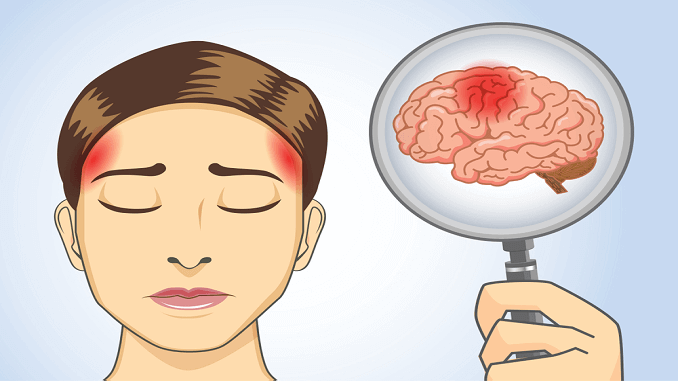
Having a stroke may raise a lot of questions and concerns about how and whether you will recover. Questions like when can you move your hand? Will your independence return to you? How can I prevent another stroke? You have all the answers to all the questions!
It is difficult to predict how far a person will recover after a stroke. The extent of the patient’s recovery in the first weeks usually indicates how much damage has occurred and how the rehabilitation will take place. The degree of improvement is related to the type of stroke you have experienced, your age, the amount of damage to the brain during a stroke, and the time that elapsed until the rehabilitation process began. It is advisable to learn everything possible about the causes of stroke and what can be done to prevent future health problems. Try, with the help of a doctor, to find answers to the following questions:
1. What caused my stroke?
80% of strokes occur when the blood flow to the brain stops abruptly, usually due to blood clotting or another blockage. This stroke is called ischemia. Hemorrhagic stroke occurs when a blood vessel in the brain ruptures. Poorness can occur due to an artery blockage due to the accumulation of plaque – a mixture of cholesterol, leukocytes, or fat in the blood. People with atherosclerosis due to plaque build-up are at greater risk for stroke. High blood pressure can be a factor in hemorrhagic stroke. These two conditions can increase the risk of stroke, but controlling them can prevent a second stroke.
2. Am I at risk of a second stroke?
The risk of an additional stroke immediately after the first stroke is very high. 3% of people with a single stroke experience another stroke within the early 30 days, and a third of them have another stroke within two years. However, individual risk factors change. Therefore, it is essential to talk with your doctor to understand your specific risk factors and work together to develop a plan to reduce them.
High blood pressure is the number one cause of stroke and is the most significant risk factor for stroke. Medical conditions such as heart disease, high blood cholesterol, or diabetes also increase the risk. Life habits that include smoking, overweight, physical inactivity, drinking alcohol, and drug abuse can also be risk factors.
3. What does the recovery process include after a stroke?
Although the stroke rehabilitation program is tailor to your specific needs, most people have a similar rehabilitation process. In the hospital, after your health has stabilized, you can begin the exercises. Then you can go to a rehabilitation center where you can get the intensive treatment that will help you become more independent. When you can leave, you can get home-based medication that can help you recover as much as possible.
The rehabilitation program takes place between three to six months. But studies have shown that stroke patients who continue to practice the skills they have learned in the rehabilitation program continue to show progress, even after a long period of stroke.
4. How long does it take to recover from a stroke?
The duration of stroke recovery varies from patient to patient. Sometimes, people with mild stroke tend to recover quickly, while in most stroke patients, the recovery process can not a lifetime. Although the essential steps of the recovery process take place in the first three months after the stroke, patients can continue the recovery process for several years after that. The key is to follow a lifestyle that includes daily physical activity.
5. Am I at risk of getting depressed after a stroke?
The occurrence of depression after a stroke is a widespread phenomenon. You may want to ask your doctor what symptoms of depression are so that you and your therapist can get to know them if necessary. One cause of depression after a stroke is the occurrence of biochemical changes in the brain. Well, depression is an entirely natural reaction to alleviate the side effects caused by a stroke. Whatever the reason, treating depression is necessary. Fortunately, depression can be treated effectively by medication and psychological counseling.
6. When would you prefer to contact your doctor?
Talk to your doctor about any symptoms or situations that require talking to him. However, if you notice one of the following signs and symptoms of stroke, you should immediately contact the ambulance. Do not hesitate – even a few minutes can help when it comes to preventing damage caused by a stroke. Tags include:
Numbness, sudden paralysis or weakness, mainly if it occurs on one side of the body.
Sudden changes in vision.
Severe salivation or speech.
Sudden headache is different from regular problems without a particular reason.

Leave a Reply